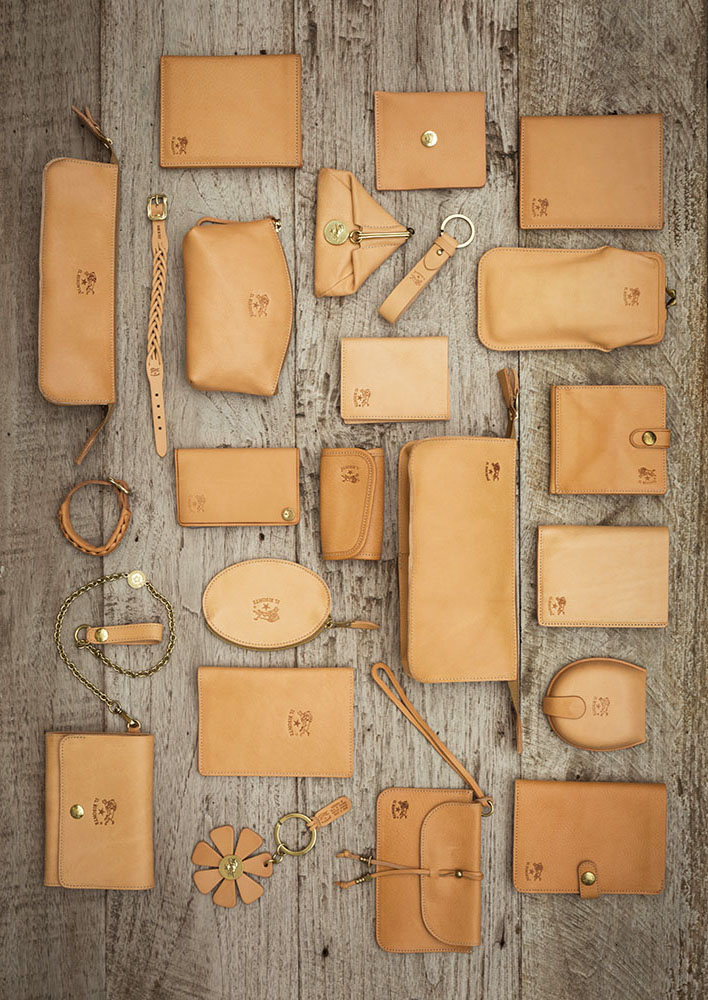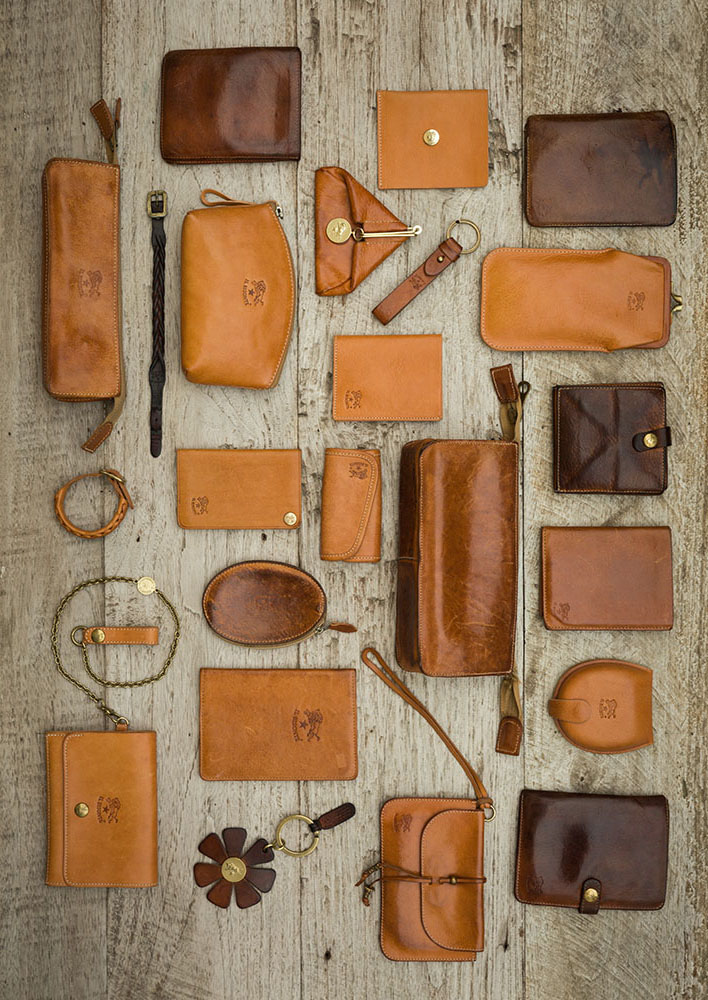In June the Florentine company celebrates its 50th anniversary, and is not only marking this extraordinary milestone but is putting forth fresh ideas and plans for the future.
Il Bisonte’s soul has always found a home in social, environmental and consumer sustainability. The company’s upcoming strategies are based on these consolidated assets, which envisage solid integration with all forms of digital culture. A future that incorporates ethics, aesthetics and the innovation of products, processes and goals.
This renewal begins with a tribute to its local workers. All collections are made entirely within 30 Km of the Palazzo Corsini headquarters. The company is increasingly committed to enhancing, updating and passing on the skills of artisanal manufacturing. Its commitment to social sustainability enriches the territory, the culture of craftsmanship and Made-in-Tuscany values which are recognized hallmarks around the world.
Il Bisonte’s concern for the environment is not dictated by the current climate change emergency. Since the 1980s, production has focused on high quality vegetable tanned leather produced between Santa Croce sull’Arno and Ponte a Egola. The leather is metal-free and derives exclusively from animals bred for consumption, which also helps reduce the otherwise negative impact of their disposal. The beauty of the bags and accessories owes much to the cowhide and leather treated using centuries-old Tuscan methods which we proudly safeguard.
Collections are created with this premise. Il Bisonte does not deliberately create pieces that come and go with fashion, but rather ones that age and evolve, change color and shades, become more beautiful with every scratch, crease and sign of wear.
It is in this spirit that a highly loyal and attached clientele “acquires” an idea of timelessness, in the sense that it is the passage of time that makes products unique and inimitable, made to last and be loved.
CEO Luigi Ceccon said for this occasion: “We wholly believe in the traditional heritage of our productive district, especially the human element. For us, helping to keep alive ancient processes that might otherwise disappear also means taking care of our workers and contributing to social progress based on solidity and well-being rather than growth “.

